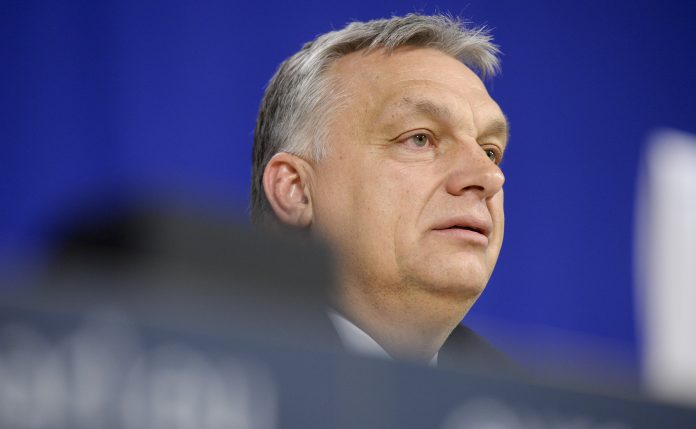Hungary has refused to approve the release of the next round of military support for Ukraine, which was due to be made available under the EU’s European Peace Facility (EPF).
“Hungary does not agree with the fact that the European Union, along with other existing tools, uses the European Peace Facility solely with regard to Ukraine as this does not allow sufficient funds to be channelled to promote the EU’s interests in other areas,” the government spokesman’s office declared.
Created in 2021, the EPF is an off-budget mechanism designed to enhance the EU’s ability to prevent conflicts, build peace and strengthen international security.
Queried about a media report on the issue, the spokesperson’s office pointed out in an email that the funds could be used in other areas such as the Balkans or North Africa, noting that it was “crucial that these issues should be clarified”. This, the office explained, is why the Hungarian government “did not approve the disbursement of the next tranche from the EPF.”
To date, under EPF provisions, the EU has made some 3.6 billion euros available for military support for Ukraine.
Hungary, as a member of the EU and NATO, had refused to provide any military equipment to neighbouring Ukraine, since the invasion by Russian forces in February 2022.
After repeatedly criticising EU sanctions against Russia, which require unanimous approval by all 27 EU member countries, Hungary did eventually support the measures agreed so far.
However, Hungary has been at loggerheads with the EU, Brussels having suspended payments of EU recovery funds until such time as Budapest’s nationalist government implements reforms to improve judicial independence and tackle corruption.
In office since 2010, Prime Minister Viktor Orbán has clashed repeatedly with the EU and the European Commission over his government’s actions restricting the rights of migrants and its tightening of state controls over academics, the courts, non-governmental organizations and the media.

